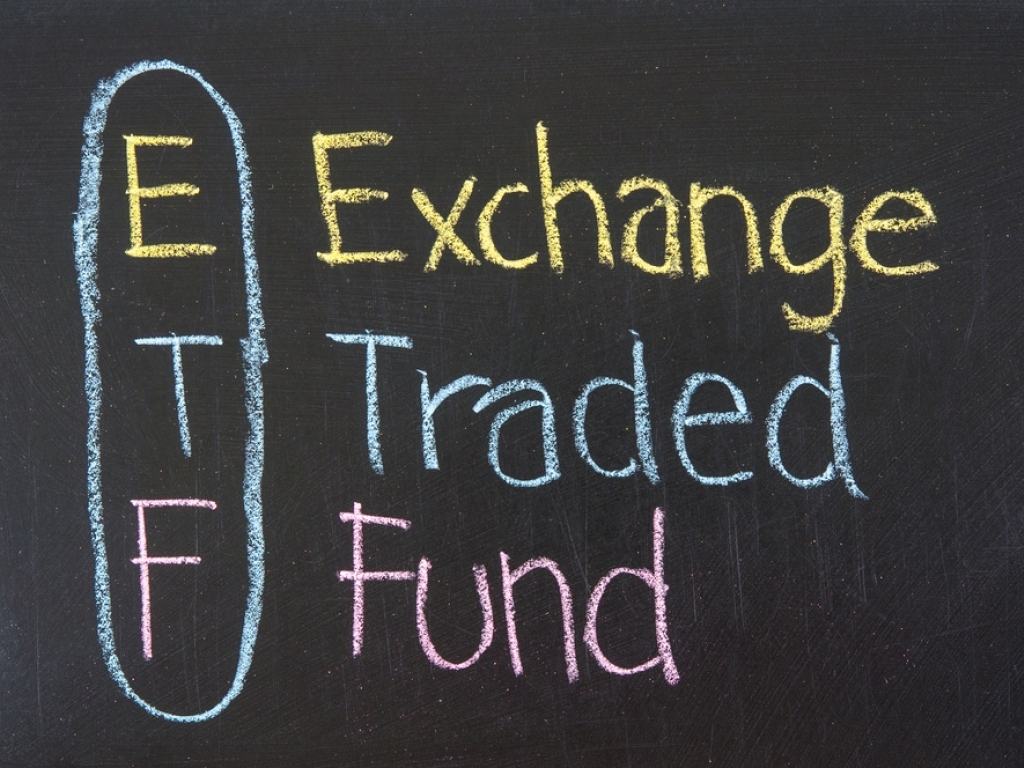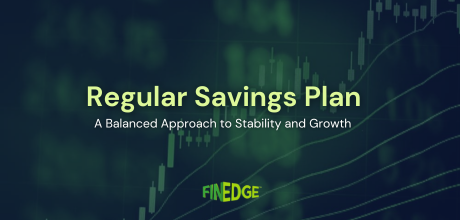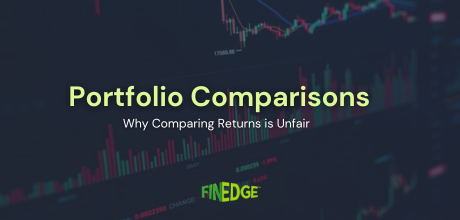Should You Invest into Exchange Traded Funds (ETF’s) Or Not?

ETFs offer low costs and eliminate fund manager risk but come with liquidity concerns and market exposure. Managed funds may still outperform in India’s evolving market.
ETF’s or ‘Exchange Traded Funds’ are gaining in popularity these days. This can be evidenced by the fact that the total AUM under this category of Mutual Fund rose five-fold between 2014 and 2017. More recently, ICICI Prudential Mutual Fund’s Bharat 22 ETF New Fund Offer smashed all sorts of records, receiving bids worth Rs. 32,000 Crores – four times the original planned amount of Rs. 8,000 Crores. The government decided to increase the issue size to Rs. 14,500 crores as a result.
What is an ETF? Put simply, it is a type of mutual fund investment that also possesses some characteristics of a stock. Units of an ETF are tradable on the stock exchange just like a share, and can be bought and sold during trading hours, at the currently prevailing price. Mutual Funds, on the contrary, have a fixed daily NAV (Net Asset Value) which is computed once at the end of each day.
A large part of the growth in ETF Assets in India can be attributed to the recent government ruling that allowed Employee Provident Funds to invest higher sums into them. Also, the aggressive 72,500 Crore target divestment program for this fiscal has resulted in a rise in the number of ETF’s hitting the market.
Despite their recent rise in popularity, ETF folios, at 5.4 Lakh, remain at less than 1% of the overall folio count. Should you be investing into ETF’s at this stage? Consider the pros and cons before deciding.
The Case for ETF’s
There are two main plus points of ETF’s – low costs, and the elimination of ‘fund manager risk’. ETF’s generally maintain a total expense ratio of just 0.01% to 0.07% per annum, whereas normal equity mutual funds may have expense ratios ranging from 1.75% to 2% per annum. Eventually, this can work in the favor of ETF investors.
Secondly, because ETF NAV’s mimic the collective prices of a fixed basket of securities, there’s no question of a wrong call by a fund manager impacting returns negatively. In that sense, an ETF is a more ‘passive investment’ that does not rely on the individual brilliance of a fund manager to generate returns,
The Case Against ETF’s
Despite their obvious benefits, ETF’s are not all hunky-dory; they have some critical drawbacks too. Firstly, they are in essence ‘always invested’ into the equity market. Resultantly, the fund manager cannot take cash calls during times that a severe correction may be anticipated. This could increase the risks associated with ETF’s during overheated markets, compared to regular mutual fund investments.
Secondly, there’s what is known as ‘impact cost’. Because ETF’s are relatively new, their degree of liquidity on the stock exchanges may not always be conducive to large buy or sell orders. As a result, ETF investors who may need to liquidate their funds in a hurry due to an emergency, may find themselves selling blocks of units at progressively lower units compared to the previous block. This could impact returns at the point of sale, just as it would for relatively illiquid shares.
The Final Verdict
ETF’s are popular in more mature markets such as the U.S, since market efficiencies have all but eliminated the scope for picking stocks ahead of the pack and generating what we call ‘alpha’ or outperformance. In India, stock markets are still rife with opportunity. Hence, managed funds may still outperform ETF’s for the next few years, despite the higher costs associated with them. Investors should allocate only a small portion of their portfolios to ETF’s at this stage, while continuing to focus on high quality diversified equity funds with track records of excellence.
Your Investing Experts
Relevant Articles
Regular Savings Plan: A Balanced Approach to Stability and Growth
Not every investment in a portfolio is meant to maximise returns. Some are meant to preserve capital, manage volatility, and provide predictability. A regular savings plan serves exactly this role. It is designed for investors who want a more measured approach where stability takes priority, and growth plays a supporting role rather than the lead.
From Coffee to Crorepati: Small Lifestyle Tweaks Gen Z Can Make to Start Investing Early
Gen Z is often told to “stop buying coffee” if they want to invest. But that misses the point. Building wealth isn’t about sacrificing everything you enjoy. It’s about understanding how small, everyday decisions shape long-term habits. Starting early even with modest amounts can quietly make a meaningful difference over time.
Why Comparing Investment Returns Can Be Misleading
At some point, most investors have compared their investment returns with a friend, a colleague, or a number they saw online and wondered why their outcomes looked different. While this instinct is natural, return comparisons are often incomplete and, in many cases, misleading. Understanding why returns differ is far more important than comparing the numbers themselves.
.png)

.png)
